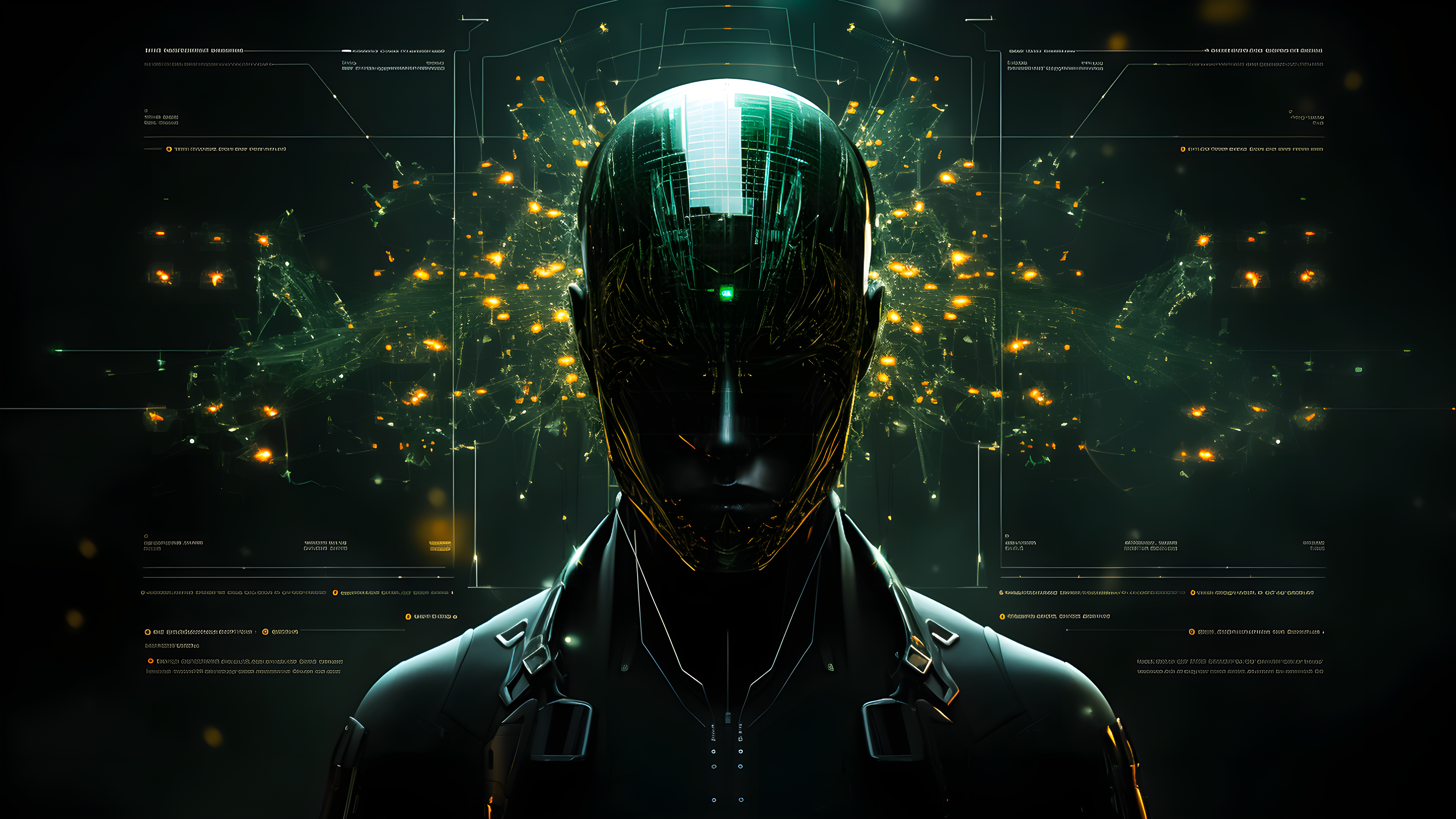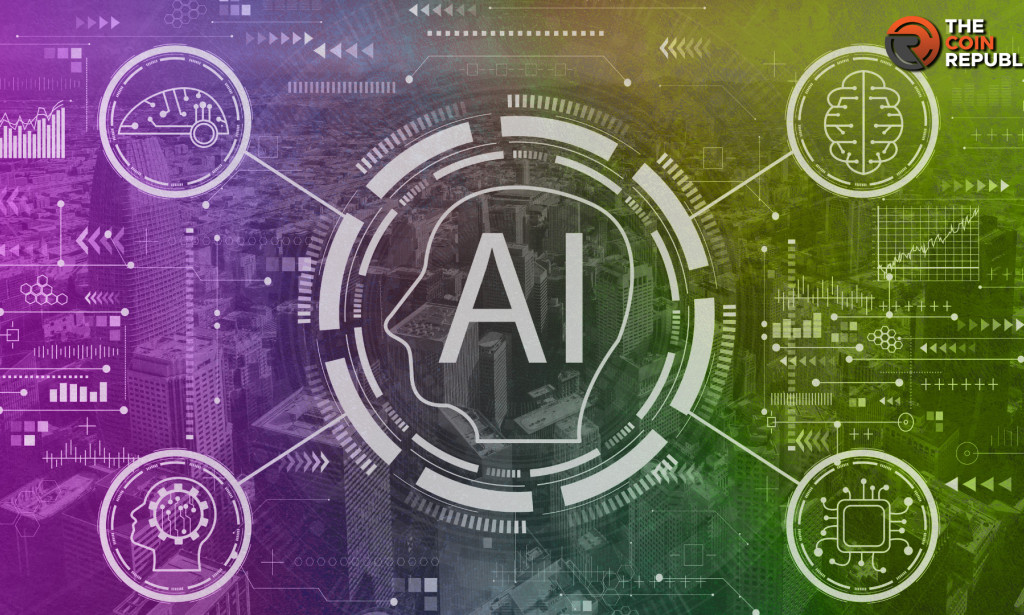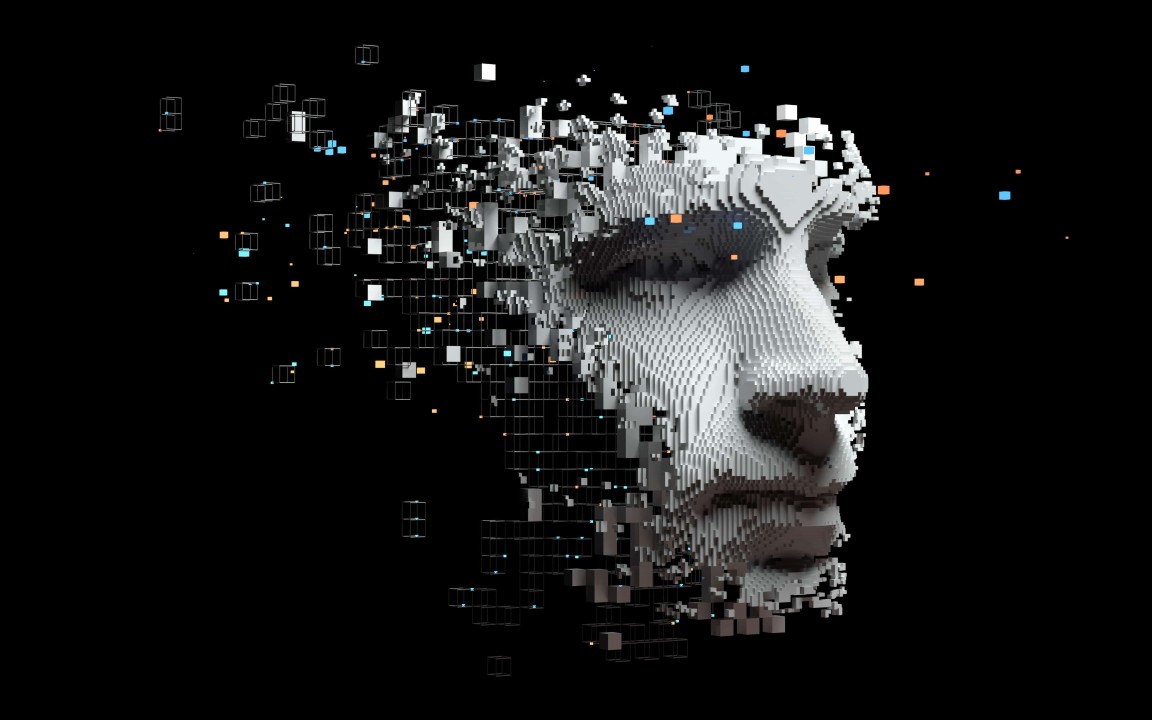Introduction
In the dynamic landscape of modern technology, the competition among industries has intensified, with Artificial Intelligence (AI) emerging as a key player. AI has seamlessly integrated into our lives, from virtual assistants like Siri and Alexa to immersive experiences in virtual reality games such as Roblox and Fortnite. However, what lies ahead for the future of artificial intelligence? How will it impact us?
The Pervasiveness of Artificial Intelligence
In recent times, Artificial Intelligence has gained significant prominence, becoming an integral part of our daily lives. Its applications range from voice-activated virtual assistants to self-driving cars, transforming diverse sectors like healthcare, finance, entertainment, education, and transportation. The influence of AI is expanding even further, making noteworthy contributions in fields like science and technology, where AI-powered tools aid scientists in innovative approaches to exploration and problem-solving. While the advancements are promising, challenges persist.
Challenges in the AI Landscape
One primary challenge facing artificial intelligence is its reliance on substantial amounts of data. AI systems heavily dependent on structured information may struggle when confronted with new, unstructured data. This limitation poses issues, especially in critical domains like medicine, where complex algorithms assist medical professionals in interpreting patient information and diagnosing conditions. Another challenge is the potential bias ingrained in AI models, presenting difficulties in accurately identifying individuals based on socioeconomic status or race. Despite these hurdles, ongoing advancements in AI promise innovative solutions.

The Future Trajectory of AI
Despite the obstacles, artificial intelligence remains a frontrunner in technological advancements. The constant evolution of inventions makes it challenging to predict the extent of AI's influence. Nevertheless, projections indicate significant progress in AI and human interaction by 2040. Anticipated developments include increased integration of AI into various aspects of society, ranging from healthcare and education to commerce. The transformative power of AI extends beyond merely providing enhanced computing capabilities, promising to reshape human interactions through smart cities, virtual assistants, and immersive virtual reality gaming experiences.
Ethical Considerations in the AI Landscape
While the future of AI holds immense potential, ethical concerns loom large. One major apprehension revolves around the creation of conscious computers, raising fears of catastrophic consequences for all life on Earth. Although current technologies do not approach the complexity required for such scenarios, the potential risks underscore the need for cautious development. Additionally, concerns about wide-scale surveillance, where AI could amass vast amounts of personal data beyond control, pose serious legal and privacy issues. Addressing these challenges necessitates ensuring that AI systems are ethically designed and responsibly implemented.



You must be logged in to post a comment.